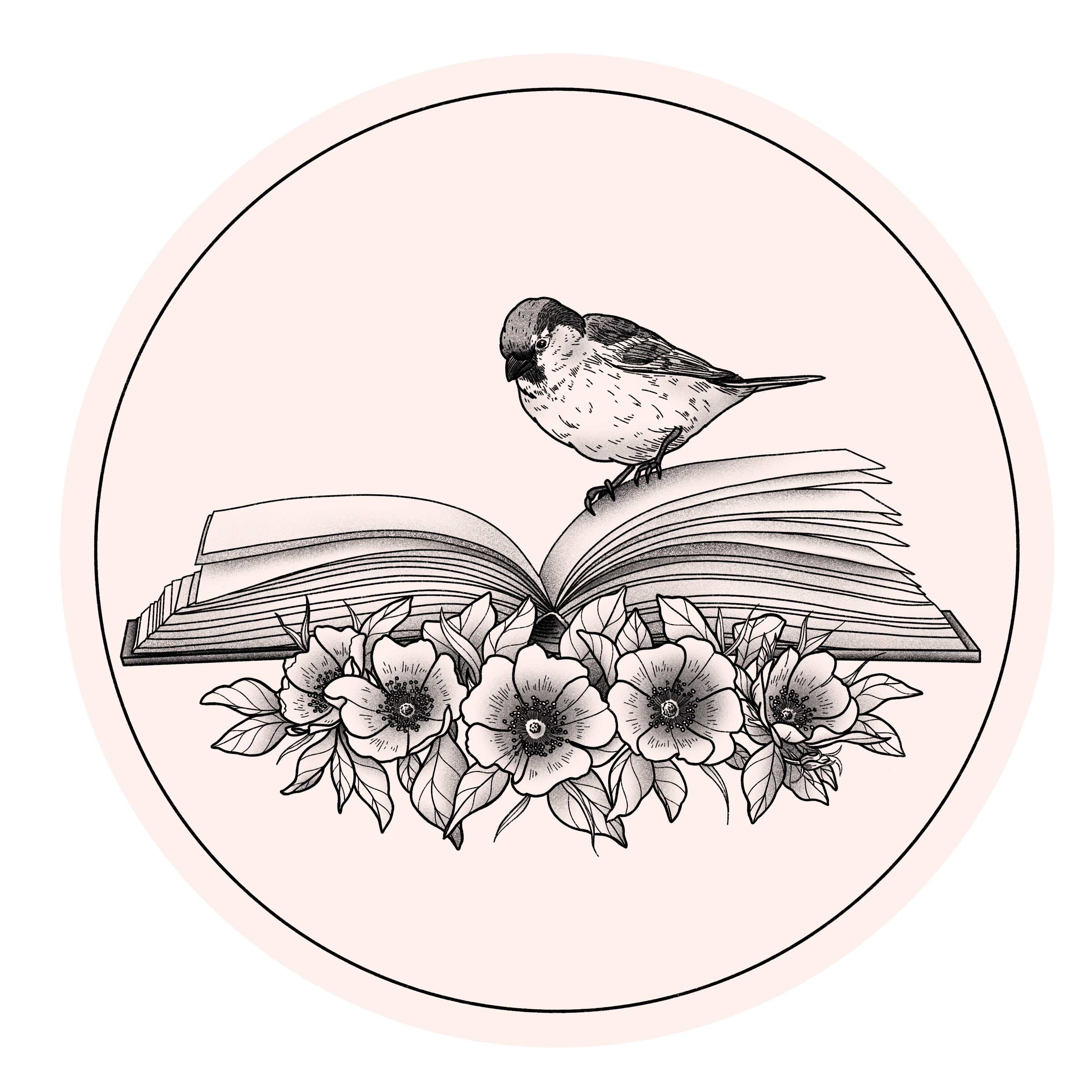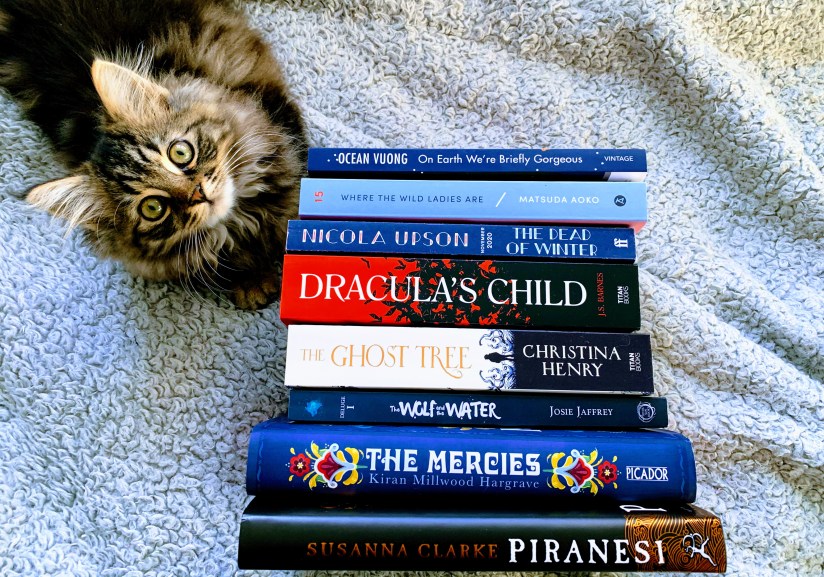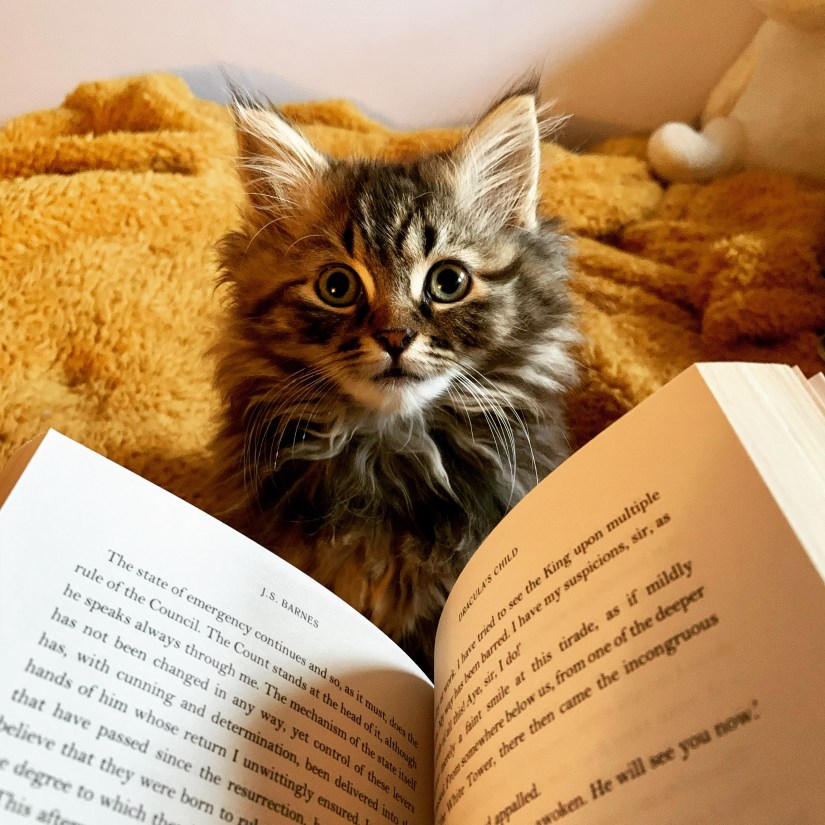Thoughtful Thursday – Studying Shakespeare
For me, because I am a Literature geek and a lover of Stratford-upon-Avon, whenever I think of April and important literature dates my first thoughts are, of course, of William Shakespeare. Now I know, especially in the UK, Shakespeare and his works can be very divisive, people either love him or hate him. Of course, this is understandable, all literature is subjective: people have their own preferences and that’s okay! When it comes to Shakespeare, however, I can’t help but wonder if this is also due to the way Shakespeare is taught in schools.
In the UK most people’s first experience of Shakespeare is when they are taught it in secondary school (ages 11-16 for any international readers), mainly because it’s required by some exam boards rather than teaching it because the teachers are genuinely passionate about the texts. Of course, some are, but there are many who are teaching it because they have to rather than because they want to. Although, this number is dropping around the UK due to Shakespeare no longer being taught in schools in favour of more modern texts.
Now, it has been over a decade since I was taught Shakespeare at secondary school or sixth form so it’s possible that things are different now. However, when I studied Shakespeare we either studied just one particular scene out of a play (eg. Romeo and Juliet meeting for the first time) or we studied two whole plays to compare (eg. Hamlet and Othello). Regardless of what you were required to do, the way of teaching the plays was the same: we were told to read them. The only deviation from this being when we watched Baz Lurnham’s Romeo + Juliet as a treat once we had finished the coursework.
Anyone who has ever read or seen Shakespeare will recognise why trying to get a bunch of angsty, restless, teenagers to care about the plays by reading them is a bad idea. Although, I must say that this selfishly worked in my favour when I was 14. One of my English teachers organised a trip to Stratford-upon-Avon to visit important landmarks in Shakespeare’s life and watch some plays, however, the fact that this trip was based around Shakespeare put most people off so there was only 11 of us on the trip (including two teachers) out of around 180 students in the year group. It’s likely that there were other factors which contributed to low numbers, such as cost and other commitments but considering that a much larger group of us went to Alabama the year after makes me wonder how much cost and commitments did impact this, rather than just a disinterest in Shakespeare.
Fast forward to my first year of university where ‘Understanding Shakespeare’ was a required module for us to take. However, this was a much different way of teaching Shakespeare that I had encountered before. Not only did we have lecturers who were genuinely interested in Shakespeare and the Early Modern period, one even had his own podcast on the subject, but we were told to watch them, not to read them. In fact, they told us only to read the plays as a last resort if we couldn’t find a theatre or film adaption in the library or through other means. Their reasoning? Shakespeare had written these plays with them being performed in mind, therefore to truly experience what he was trying to convey through them they had to be watched rather than read.
To me, it seems odd that I had to study Shakespeare at university level for it to be acceptable to watch Shakespeare’s works rather than reading them. There’s just so much that can be conveyed on the stage that can’t be through text, especially with the way different actors interpret and portray their characters or directors giving the setting or production a twist or modern update. Whilst getting students to watch Shakespeare rather than read it won’t suddenly make them love his works, I do wonder how much easier it would be to understand and study his works. Especially for the first time.
Did you study Shakespeare at school or university? Let me know what it was like in the comments!





